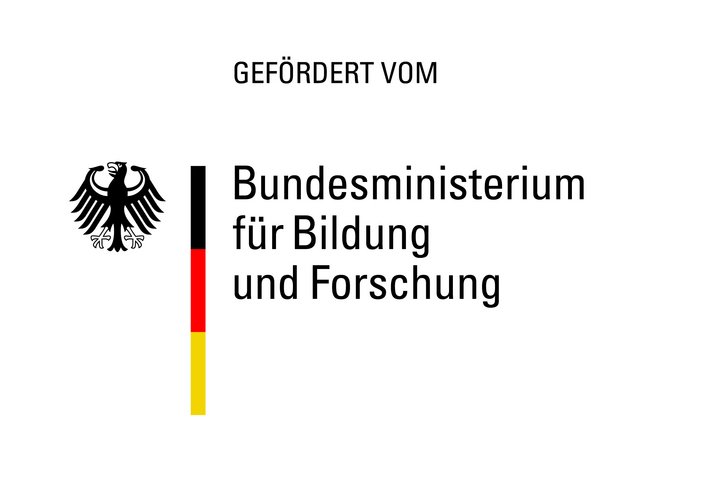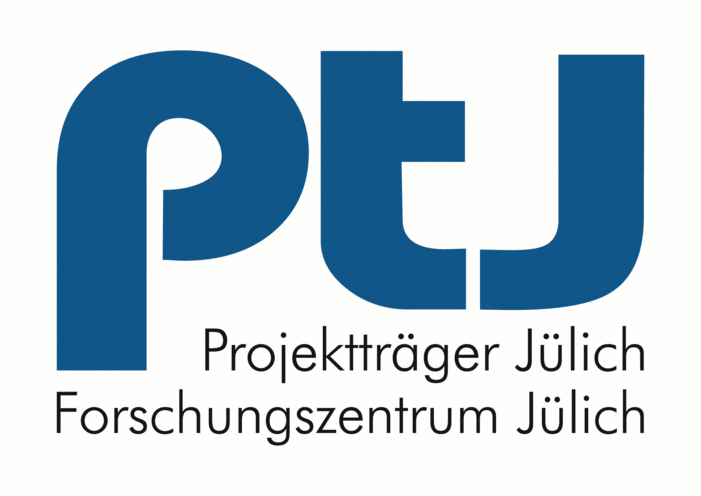ProMet - CO2 to propene via eMethanol
As part of the BMBF-funded joint project ProMet, a single-stage electrochemical process was to be developed to convertCO2 into methanol on an industrially relevant scale, which is then converted into propene in a second process step. Propene is an essential raw material for the chemical industry and is currently obtained exclusively from fossil sources. The use ofCO2 as a raw material is a promising approach to reducing emissions.
Due to the low solubility ofCO2 in aqueous solutions, only very low current densities can be achieved at conventional electrodes, as mass transfer is limited. Therefore, gas diffusion electrodes (GDE) were used, which enable technically relevant current densities by convertingCO2 from the gas phase.
Depending on the catalyst material used, a very broad product spectrum is possible. However, the selectivity towards methanol is currently still a major challenge, as the reaction is kinetically and mechanistically much more demanding than, for example, the conversion to formate or CO. For this reason, the sub-project at Clausthal University of Technology aimed to develop new electrodes that are produced using a wet spray process. To this end, a test rig was first set up to characterize the GDEs produced. Another aim of Clausthal University of Technology was to transfer existing mathematical models for GDE to the conditions ofCO2 electrolysis.

